chanko nabe, traditional tokyo food
Chanko Nabe and More Amazing Traditional Tokyo Food!
Thuy Fang
Posted on May 13, 2024
Share:
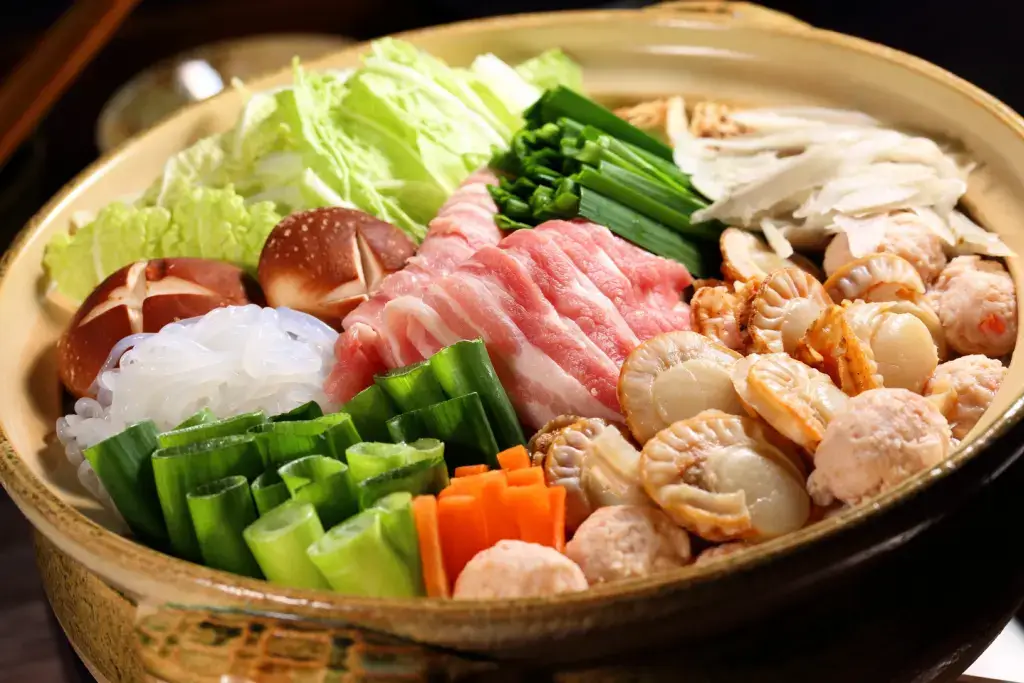
Tokyo is one of the most exciting cities to experience in Japan, not only for its famous landmarks, preserved historical sites, and entertainment venues, but also for traditional dishes such as chanko nabe! Let’s explore five iconic and popular dishes in Tokyo to enjoy!
Chanko Nabe
Chanko nabe is a Japanese hot pot filled with savory broth, assorted meats, seafood, and vegetables. Sumo wrestlers often use chicken instead of other meats, believing it brings good luck. This traditional dish originated in Tokyo and has been a staple for generations of sumo wrestlers.
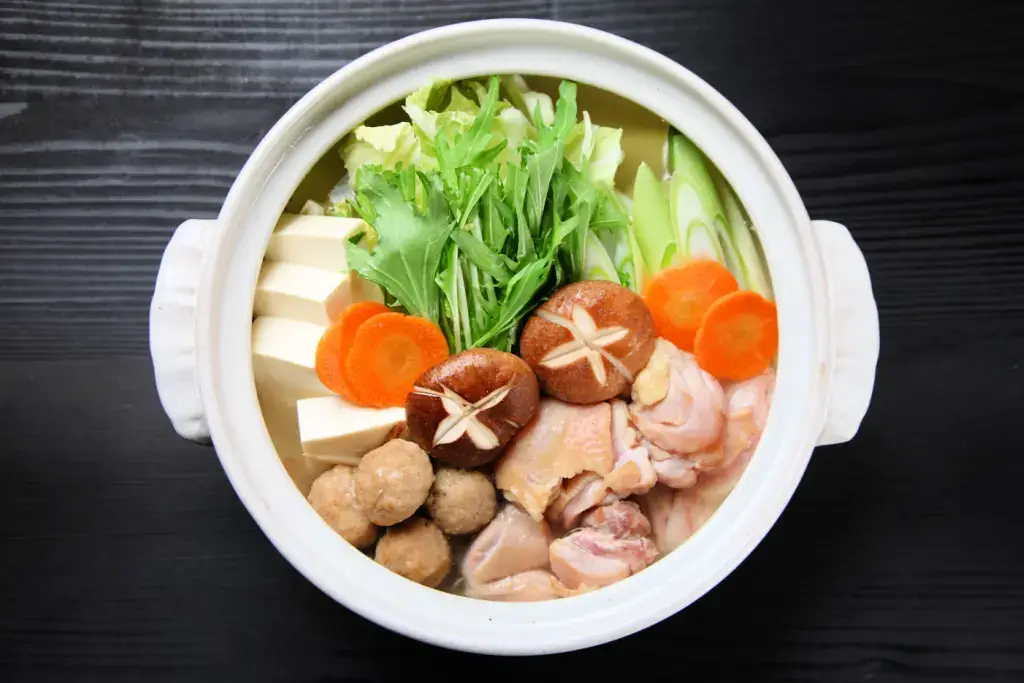
Nearby restaurants also offer the dish, typically owned by former sumo wrestlers. Generally, it has nutritious ingredients like lean proteins and colorful vegetables, and this hearty stew delivers a balanced and satisfying meal. Due to the broth base, it’s also relatively low in fat.
Monjayaki
Monjayaki, often simply called “monja,” is an iconic Japanese snack that originated in the lively streets of Tokyo. Its name stems from “monja,” which means “to burn” or “to cook slowly,” perfectly describing its method of preparation on a hot griddle.
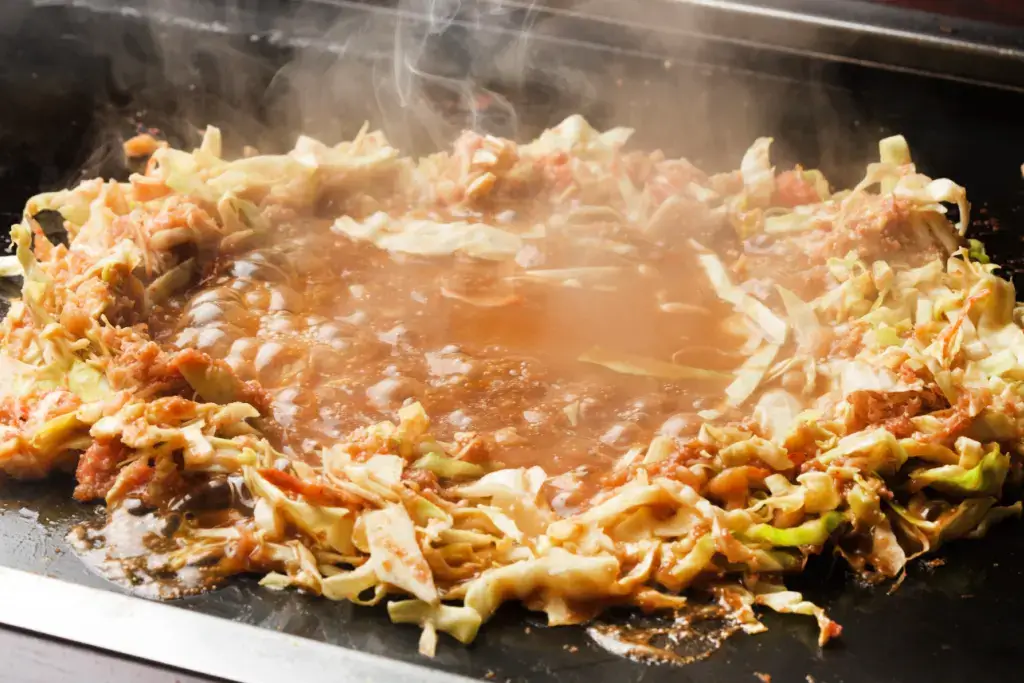
Made from a batter of flour, dashi stock, and a splash of soy sauce, this lovely Japanese snack is a medley of flavors and textures. The batter is mixed with various ingredients, including seafood, meats, cabbage, and cheese. Some even use ramen noodles, creating a delightful symphony of taste in every bite.
What also makes it unique is how you cook it yourself on the grill. You spread the mixture on the hot surface to help make it crispy and caramelized. Monjayaki restaurants are particularly abundant in the vibrant district of Tsukishima. There, they offer guests the chance to assemble their own monjayaki creations right at the table
Anmitsu
Anmitsu is a refreshing summer delicacy that mixes sweet red bean paste and syrup. Originating in Tokyo during the Meiji Era, it’s a luxurious dessert with a delicate balance of flavors and textures. Its jelly base is cool and chewy, with nuts, fruit, mochi, and ice cream for a personalized touch. It’s an appealing dish because it features colorful toppings like mochi, red bean paste, fruits, and black sugar syrup, creating a mini feast for the eyes.
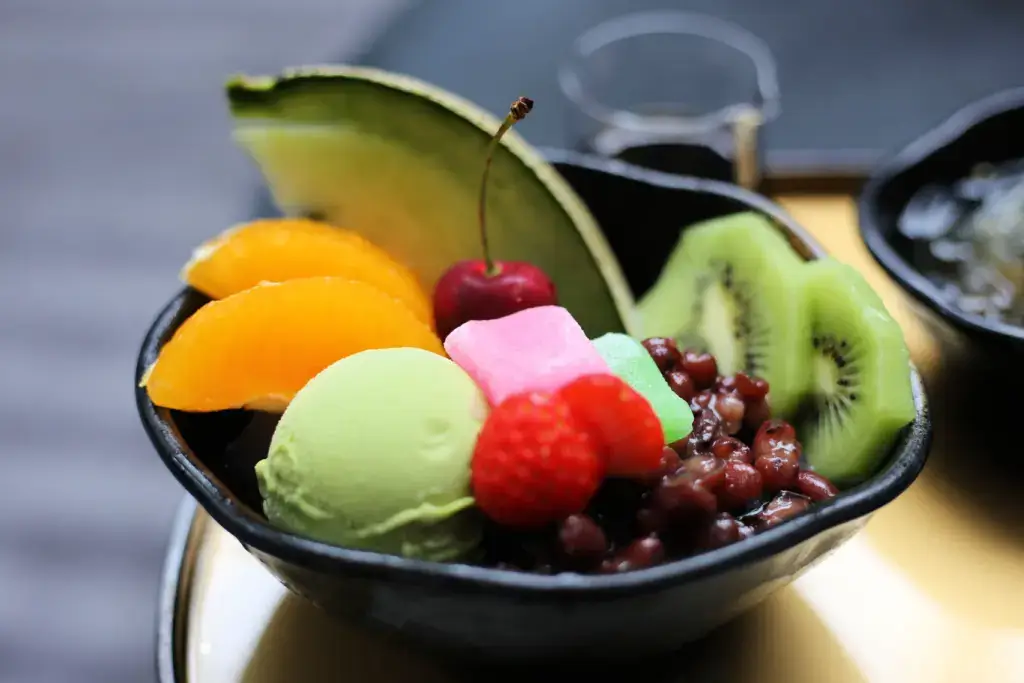
One place to enjoy anmitsu is in Kyoto! Over there, it’s a specialty dessert, with many long-standing wagashi (traditional Japanese confectionery) shops and restaurants offering unique takes on the classic treat. The city’s anmitsu generally features seasonal fruits and toppings, such as sakura (cherry blossom) ice cream in the spring. As a result, the sweet azuki bean paste, refreshing fruit, and delicate agar jelly cubes create a harmonious blend of flavors and textures that exemplifies the refined aesthetics of Kyoto’s culinary traditions.
Are you looking for traditional Tokyo snacks? Check out Sakuraco! Sakuraco delivers traditional Japanese snacks, teas, and sweets from local Japanese makers directly to your door.
Edomae Sushi
Edomae sushi is a delicious traditional treat that originated in Tokyo in the 1820s during the Edo period. The name literally means “in front of Edo,” and it refers to the fresh seafood caught right in Tokyo Bay, which was the heart of the city then. Therefore, Edomae sushi was a part of the vibrant Edo culture, where quick and tasty Japanese snacks were a must for busy people on the go.
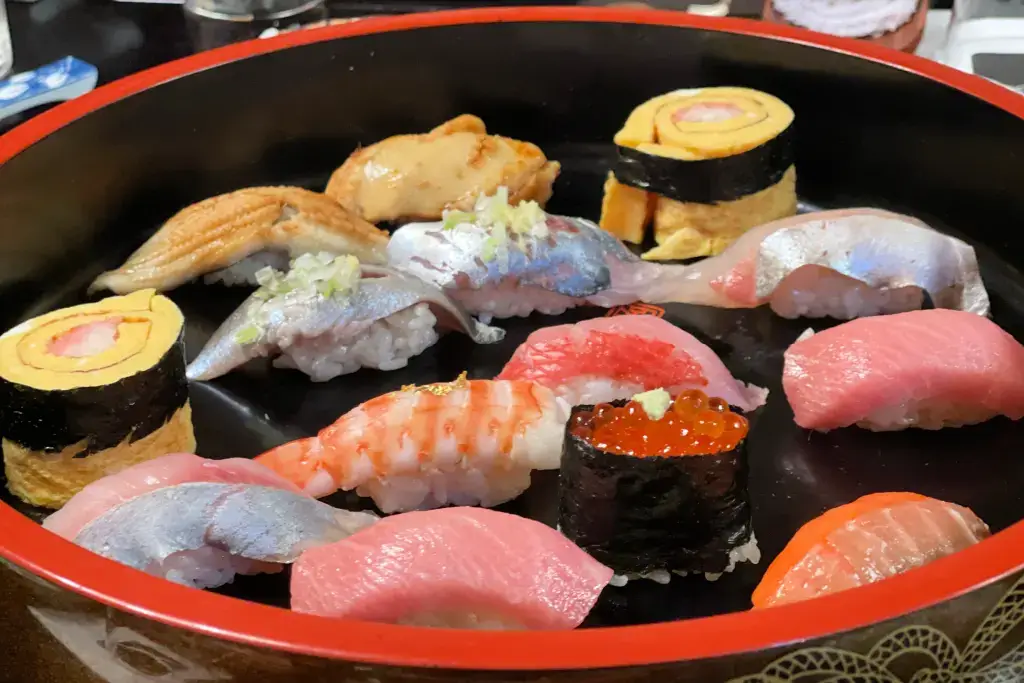
This sushi style was born out of necessity, and people had to use local ingredients like tuna, sea eel, and shellfish. So, it’s a tasty dance of flavors and textures. Moreover, the fish is tender, and the rice is just a bit chewy. It’s all expertly crafted by skilled chefs who take pride in their art.
Fukagawa-meshi
Fukagawa-meshi is a cherished local dish in Tokyo, first created in the Edo period. This beloved dish, named after Tokyo’s Fukagawa area, features rice cooked with clams, securing its spot among Japan’s top five rice delicacies. Initially, the fishermen of Fukagawa enjoyed this dish as a typical meal to fuel their busy days at sea. Eventually, it evolved into a culinary tradition, celebrated for its simplicity and rich flavors.
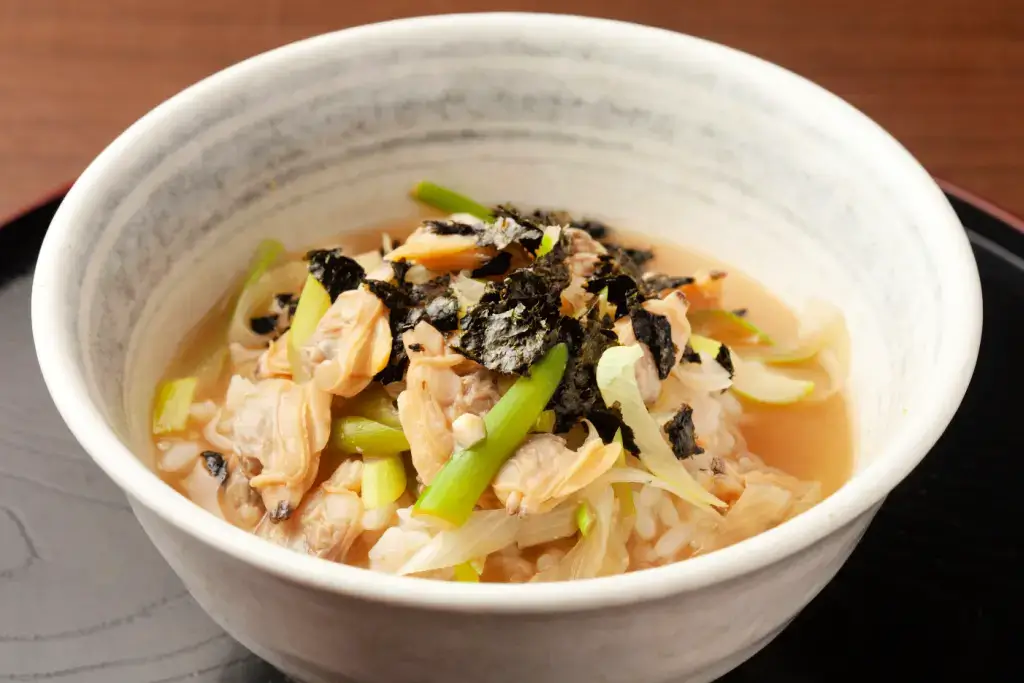
Making Fukagawa-meshi is simple. You’ll need cooked rice, miso paste, clams, and preferred ingredients like green onions and veggies. First, cook the clams until they’re right, giving the broth a tasty flavor. Then, add diluted miso into the broth for extra depth. Finally, pour the flavorful broth over the rice. There are two main styles: bukkake, with clams served in broth over rice, and takikomi, where clams are cooked with the rice.
Why should I try traditional Tokyo food like chanko nabe?
Because it’s a delicious journey through Tokyo’s rich culinary heritage! It’s not just about savoring the incredible flavors of the dishes or experiencing the fresh sweetness of unique ingredients that can only be found here.
It’s also about understanding the history and significance behind these foods. Each dish tells a story, reflecting Tokyo’s culture, traditions, and values. Don’t miss out on the chance to take a culinary adventure through Tokyo’s lovely dishes, starting with chanko nabe. Share your thoughts with us in the comments below!
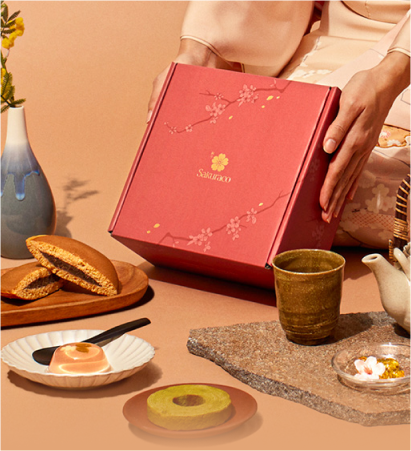
Discover authentic flavors with Sakuraco
Get Sakuraco 

Discover authentic flavors with Sakuraco
Get Sakuraco 
Related Articles
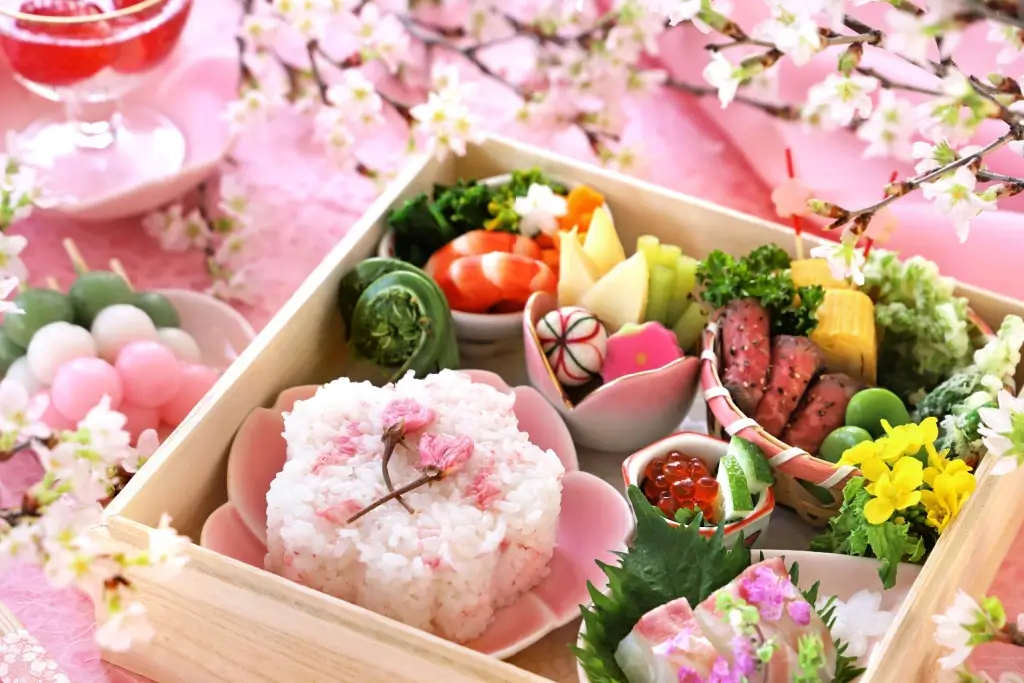
Cherry Blossoms in Japanese Food: The Ultimate Guide!
Cherry blossoms brighten Japan’s spring landscape with their delicate pink hues, and they also find their way into kitchens across the country, where cooks transform these fleeting petals into flavorful ingredients for both sweet and savory dishes.
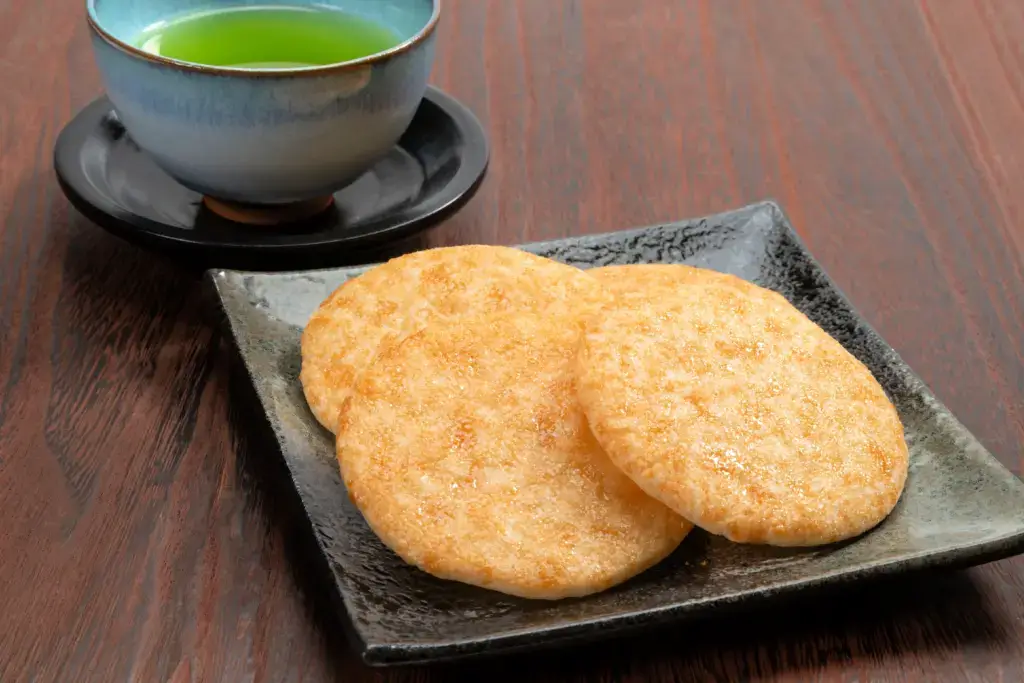
Sugi Confectionery: Aichi’s Crunchy Little Secret
In Aichi Prefecture, where bold flavors and everyday comfort food shine, Sugi Confectionery (Sugi Seika) quietly steals the spotlight with simple, crunchy snacks full of local charm.
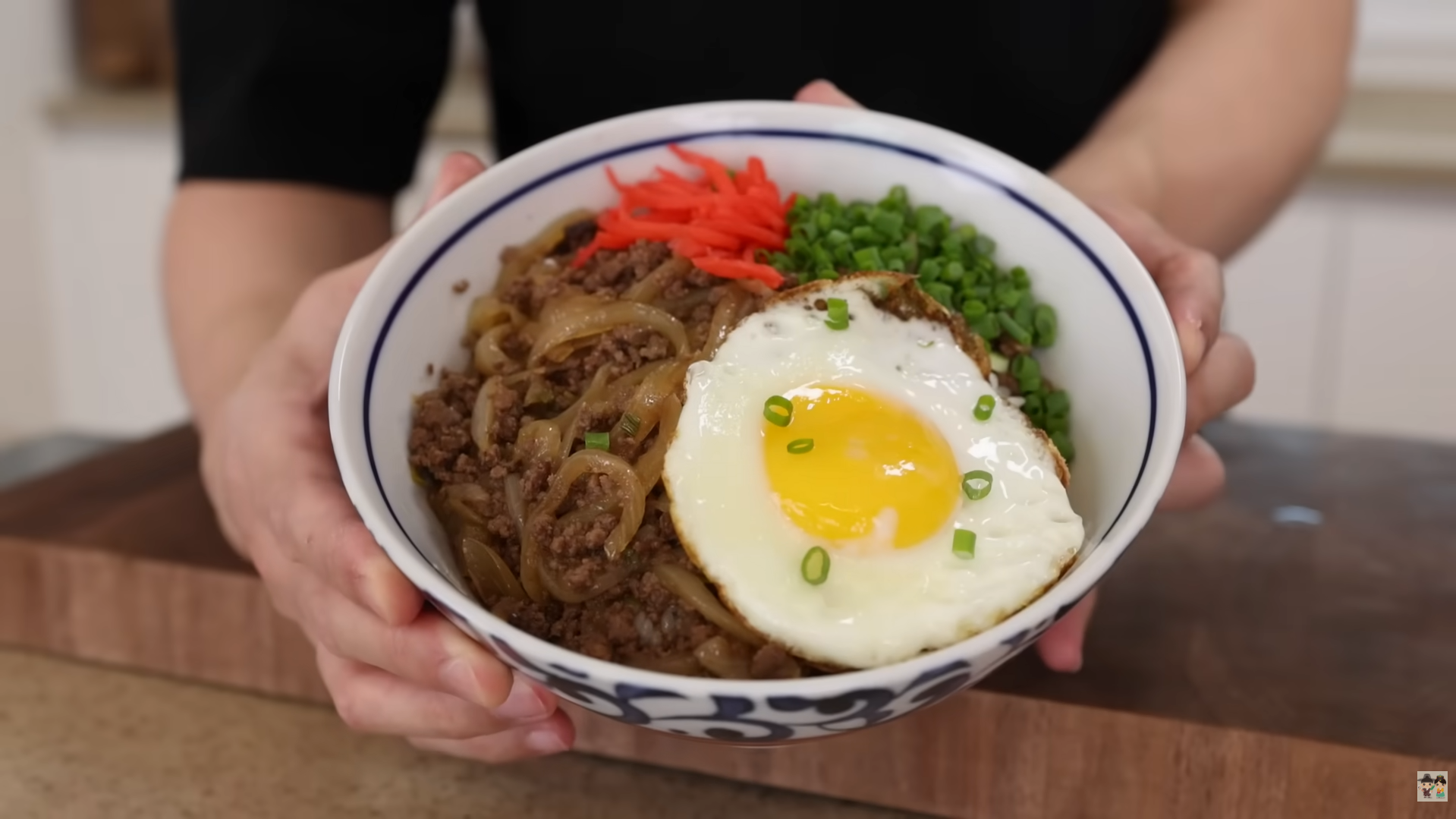
Aaron and Claire Show Us How to Make Gyudon!
If you’re looking for a Japanese comfort food that’s quick, affordable, and full of flavor, Aaron and Claire have a great option. In this video, Aaron shows how to make Gyudon using ground beef instead of the usual thinly sliced beef.
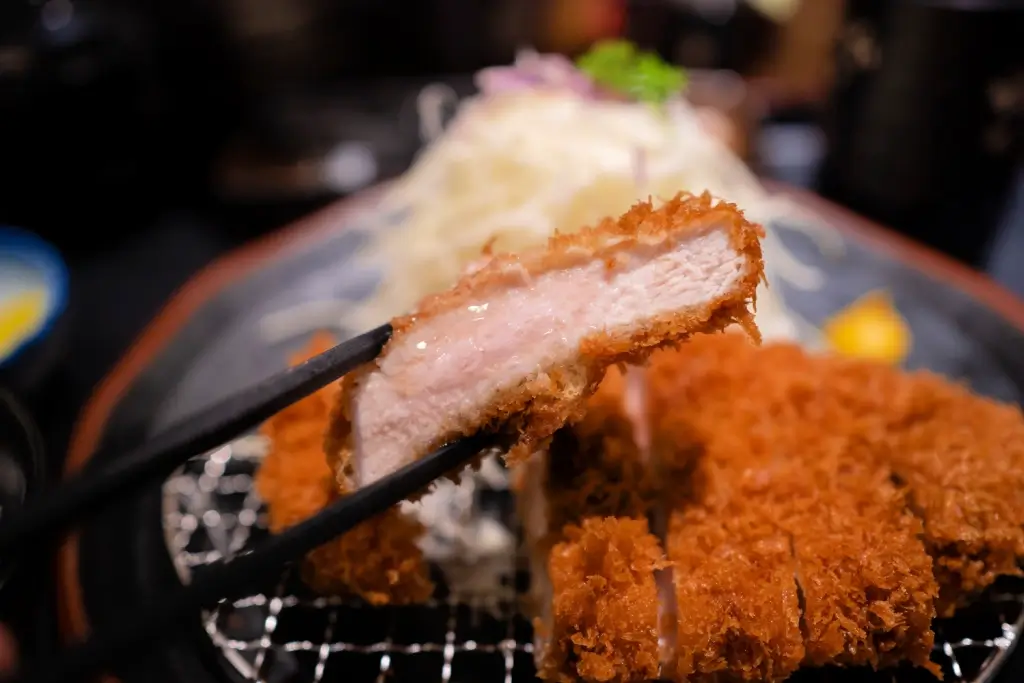
Tonkatsu Luxury Restaurants: Best Ones to Try!
Don’t miss out on tonkatsu if you’re traveling to Japan! Tourists often add the meal to their must-eat list because of its delicious and satisfying nature. Even better, you can elevate the experience by going to luxury restaurants across Japan, where you can experience some of the most celebrated pork cutlets.



